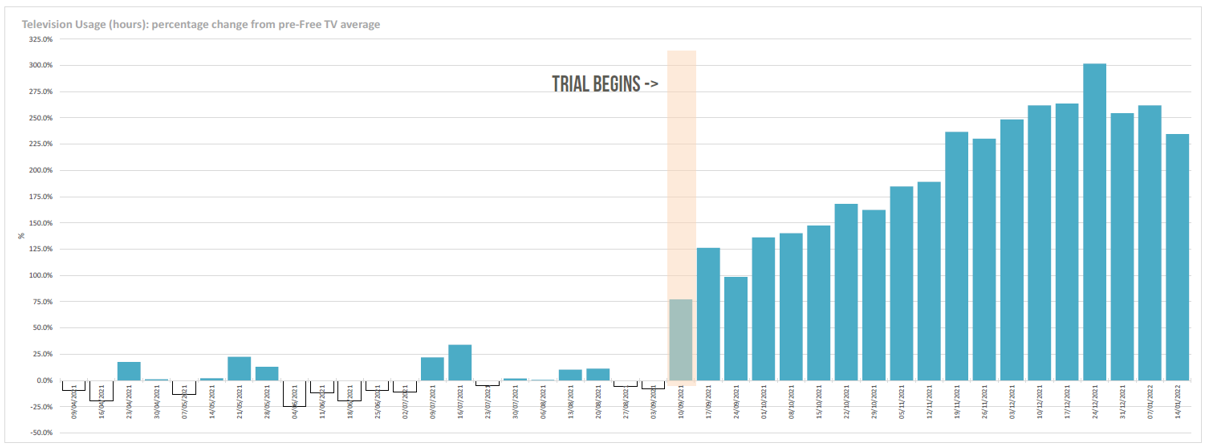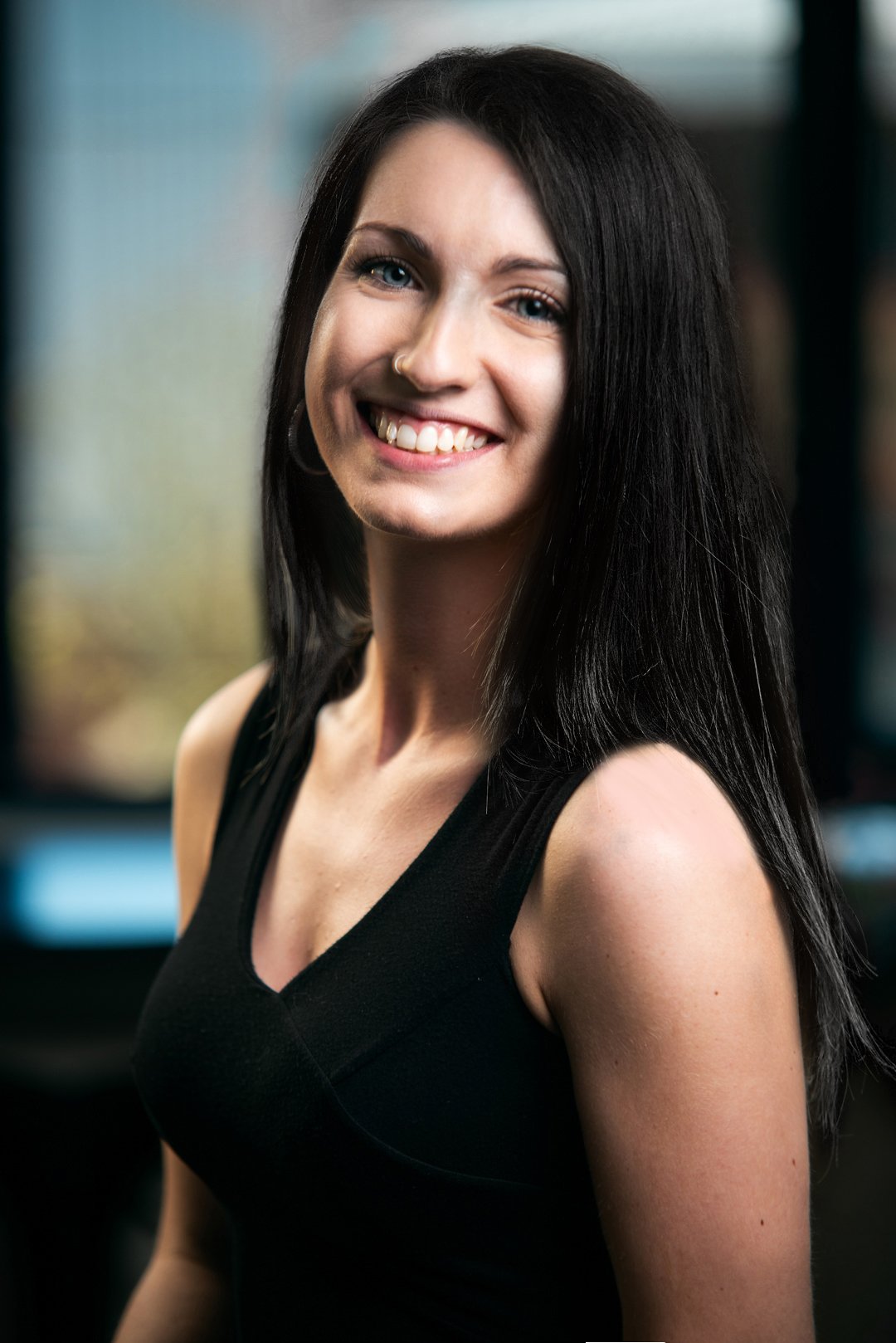Introducing a smarter way for patients to access entertainment services
Changing the landscape – How to move away from the ‘patient pays’ model, so that no patient has to pay for entertainment.
3 minute read | 08/06/2022
-1.png)
SPARK TSL's mission is that no patient has to pay for basic entertainment such as TV, and simultaneously, provide a return on investment and help tackle issues such as bed blocking and delayed discharge.
This has already been achieved through SPARK Fusion®, however, our new acquisition of Hospedia puts our mission a few steps behind. We want to reduce the cost of basic entertainment to zero on the existing Bedside Units. To be able to achieve this, we need the help of Trusts and Charities.
Historically, legacy patient entertainment provider, Hospedia, installed £150 million pounds worth of infrastructure for free, into 120 hospitals in the UK. This was at no cost to the Trust, as the patient was paying a fee to use the service. Over time, as technology and digital transformation has progressed, the patient-pays model is no longer feasible in today's day and age.
After the acquisition, SPARK TSL was put in a difficult situation regarding the inability to lower the price. The current model not only pays for remote monitoring, maintenance, 24/7/365 support and health and safety checks, but the parts that need replacing, cost of transporting them, the Area Support Technicians that repair the hardware and its components. The only way to reduce the cost, or remove it completely, is for the Trusts and their Charities to partially or fully fund the service; or upgrade to SPARK Fusion®
For those Trusts who still have the Hospedia Beside Units, we implore you to work with us to remove the patient pays model once and for all. The aim is to educate, entertain, engage and inform patients, whilst making staffs lives easier and benefiting the Trust and their Charities.
Work with SPARK TSL to remove the patient-pays model
The current high price is due to a lack of utilisation. The more patients that use the Bedside Units, the lower the price can be while still being able to maintain the service. This is why when Trusts fund the cost of TV, it equates to as little as £1 per bed per day.
We would love to remove the patient pays model overnight, but if we did this with no alternative funding, hundreds of thousand of patients wouldn't have access to basic entertainment such as TV. Therefore, the only way to remove this model is if the Trust and their charities help fund the provision of TV.
Numerous Trusts have already made the switch, including:- Hexham General Hospital
- Wansbeck General Hospital
- North Tyneside Hospital
- South Tyneside Hospital
- Fairfield General Hospital
- Hope Hospital
- Northampton General Hospital
- Royal Oldham Hospital
- County Hospital
- Blackpool Hospital
- Sunderland Hospital
- Freemans Hospital
Results
University Hospitals North Midlands changed their existing pay to use solution in to a free to use system for patients, over a three-month period. The results showed a 300% increase in the TV usage, compared to that from before the trial began.

If you’d like to know more, contact us and we will tell you exactly how little it will cost to make the switch and put the spark back in your healthcare technology.
About the author
Rebecca O'Donovan
Becky is the Marketing Director at SPARK TSL, of whom she has worked for since 2012. She is responsible for high-level marketing strategy focusing on lead generation and aiding the vision of the business to ensure business growth.
More articles by the author
Related articles
 Company News
Company News
We Provide Free Christmas TV for Hospital Patients | SPARK TSL
Trusts and health boards with Bedside Units (previously Hospedia) will be able to give patients free access ...
.jpeg?quality=low&width=386&height=180&name=AdobeStock_281996819-min-1-min%20(1).jpeg) Company News
Company News
University Hospitals of North Midlands Case Study
Our Goals Working With UHNM Hospital stays can be long and lonely, especially during COVID-19, causing ...
-1.png?width=386&height=180&name=SPARKs%2020th%20Birthday%20(1)-1.png) Company News
Company News
Celebrating 20 Years of SPARK® TSL: Marina WiFi to NHS Innovation
Today we turn 20! Like all businesses, we’ve been through ups and downs, but without all of it, we wouldn’t ...


